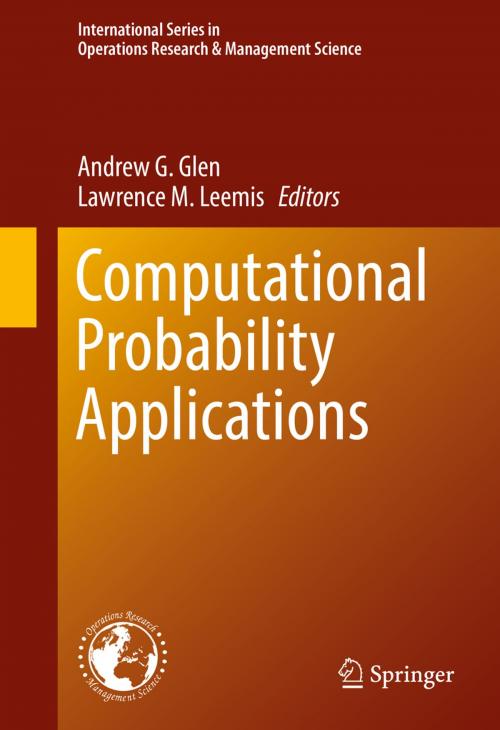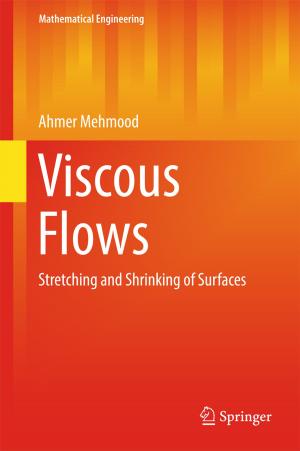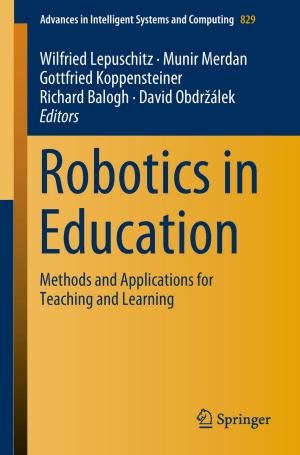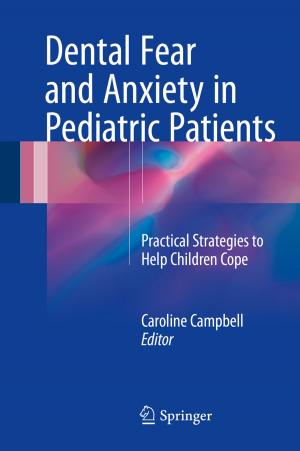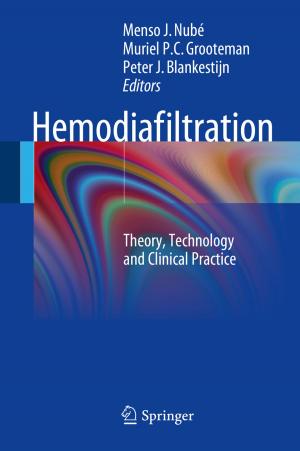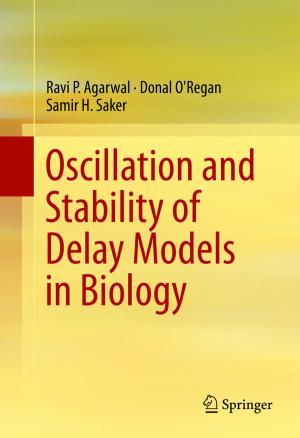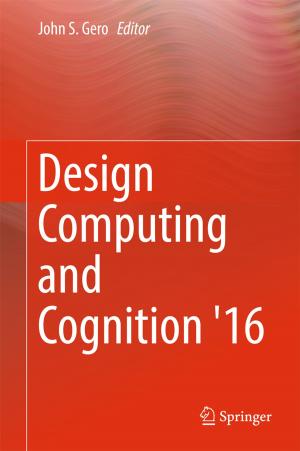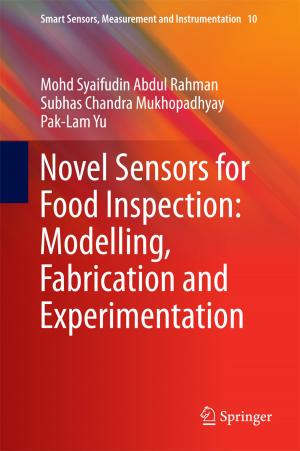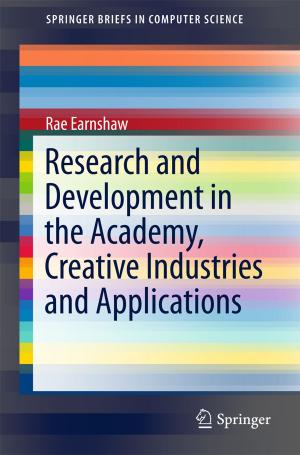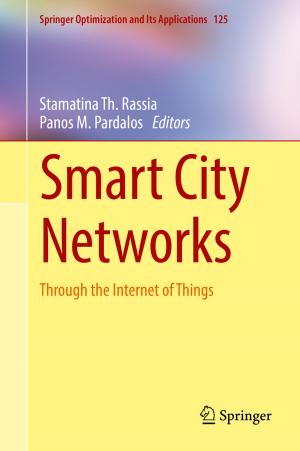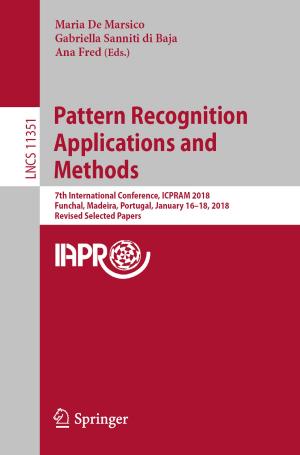Computational Probability Applications
Business & Finance, Management & Leadership, Operations Research, Nonfiction, Computers, Application Software| Author: | ISBN: | 9783319433172 | |
| Publisher: | Springer International Publishing | Publication: | December 1, 2016 |
| Imprint: | Springer | Language: | English |
| Author: | |
| ISBN: | 9783319433172 |
| Publisher: | Springer International Publishing |
| Publication: | December 1, 2016 |
| Imprint: | Springer |
| Language: | English |
This focuses on the developing field of building probability models with the power of symbolic algebra systems. The book combines the uses of symbolic algebra with probabilistic/stochastic application and highlights the applications in a variety of contexts. The research explored in each chapter is unified by the use of A Probability Programming Language (APPL) to achieve the modeling objectives. APPL, as a research tool, enables a probabilist or statistician the ability to explore new ideas, methods, and models. Furthermore, as an open-source language, it sets the foundation for future algorithms to augment the original code.
Computational Probability Applications is comprised of fifteen chapters, each presenting a specific application of computational probability using the APPL modeling and computer language. The chapter topics include using inverse gamma as a survival distribution, linear approximations of probability density functions, and also moment-ratio diagrams for univariate distributions. These works highlight interesting examples, often done by undergraduate students and graduate students that can serve as templates for future work. In addition, this book should appeal to researchers and practitioners in a range of fields including probability, statistics, engineering, finance, neuroscience, and economics.
This focuses on the developing field of building probability models with the power of symbolic algebra systems. The book combines the uses of symbolic algebra with probabilistic/stochastic application and highlights the applications in a variety of contexts. The research explored in each chapter is unified by the use of A Probability Programming Language (APPL) to achieve the modeling objectives. APPL, as a research tool, enables a probabilist or statistician the ability to explore new ideas, methods, and models. Furthermore, as an open-source language, it sets the foundation for future algorithms to augment the original code.
Computational Probability Applications is comprised of fifteen chapters, each presenting a specific application of computational probability using the APPL modeling and computer language. The chapter topics include using inverse gamma as a survival distribution, linear approximations of probability density functions, and also moment-ratio diagrams for univariate distributions. These works highlight interesting examples, often done by undergraduate students and graduate students that can serve as templates for future work. In addition, this book should appeal to researchers and practitioners in a range of fields including probability, statistics, engineering, finance, neuroscience, and economics.
